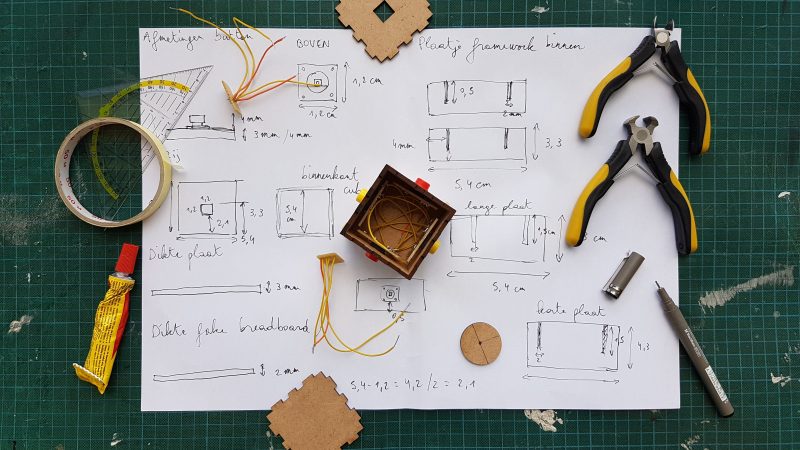
After a reported rise of 40% in inheritance disputes, we need to ask ourselves if the increased popularity of DIY Wills is to blame for creating more inheritance disputes?
This figure was released as a result of a Freedom of Information request from the law firm Nockolds. They wanted to gauge the effects of the spike in do-it-yourself estate planning caused by the recent COVID pandemic. The response revealed there had been a 37% increase in inheritance disputes in UK courts during the period 2019 and 2021.
It has been statistically proven that the pandemic definitely did cause an increase in self-written Wills. It is likely this is because there was so much financial uncertainty around; people simply thought doing it themselves would save them money.
However, as these new figures show, trying to produce your own Will (or even enlisting the services of an unregulated and non-legally trained Will writer) is likely to cost much more in the long-term when a legal dispute arises.
Incredibly, this increase is in spite of the fact that, according to a Royal London study, 56% of adults in the UK still do not have a legally binding Will …
… even though 47% of those without any inheritance planning said they understood how important it is to have a valid Will in place!
There are now fears the current cost of living crisis could make the situation even more difficult as families may not have access to the funds needed to mount a legal challenge.
Speaking bluntly, DIY wills are all too often riddled with errors and omissions as it will have been drafted by someone unfamiliar with the correct terminology and the drafting process. If there are errors and/or omissions, it is very easy for the Will to be either challenged or deemed invalid.
There is also the challenge of having to consider more complex family structures with children from multiple marriages, blended families and cohabitees to consider not to mention the rapidly rising price of property. The process of making sure the financial arrangements are clearly and correctly constructed for all the beneficiaries has become just as complex.
This can often be a step too far for anyone who doesn’t have the extensive experience and continual training a regulated lawyer has.
This is an issue current Law Society president Christina Blacklaws has recently been at pains to promote awareness of:
“With the range of different estates and circumstances that exist, it is vitally important people consult a professional when writing their Will. Probate law is complex and DIY wills can easily contain mistakes which render them illegitimate or difficult to administer.”
It is mistakes that lead to inheritance disputes or, to give them their legal name, contested probate. Having someone without the requisite legal training and experience increases the likelihood of mistakes being made and these mistakes often include:
To avoid making these mistakes and, by extension, vastly reduce the likelihood of an inheritance dispute over your Will and estate, you need to talk to an experienced Wills, Tax, Trusts and Probate lawyer. If you would like to organise an initial chat, please email deniece.lines@collinshoy.com.